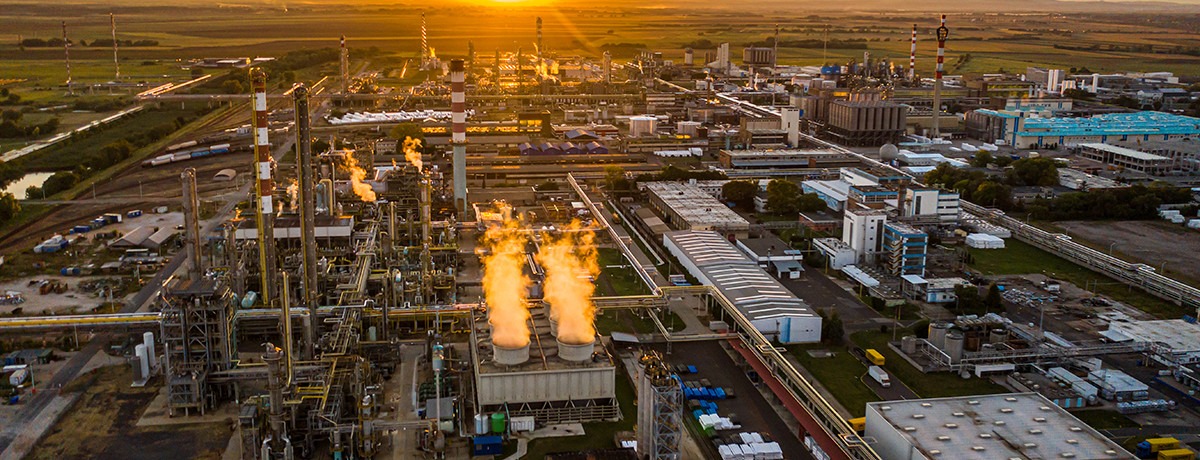Finland Hydrogen-Sector: Success in EU Auction and Innovation

Finland has made significant steps forward in its hydrogen-energy sector, becoming the first country to win the EU hydrogen auction.
As well as this, the production of the largest methane-splitting hydrogen plant in Europe, and impending hydrogen-refuelling stations in the south, puts them well on their way to reaching their ambitious 2035 net zero target.
The Lahti hydrogen plant (owned by Nordic Ren-Gas) is among the selected winners of a 45 million EURO subsidy grant. This was won via the European Hydrogen Bank’s first competitive bidding process.
The money will be extremely valuable and will enable Nordic Ren-Gas to scale up its renewable e-methane production within the plant in Lahti. It will also help to accelerate the development of the decentralised e-methane production network.
European Hydrogen Bank grants Ren-Gas 45 million EUROs
This victory marks an important milestone for the development of green hydrogen production in Finland. Nordic Ren-Gas’s project beat 132 other bids in an admittedly oversubscribed auction, showing interest and confidence in the renewable hydrogen market.
With this funding, Nordic Ren-Gas plans to produce 122,000 tonnes of renewable hydrogen over the next ten years from the Lahti plant alone, thereby preventing approximately 1 million tonnes of CO2 emissions.
The Hydrogen Bank Auction selected 7 projects out of 132 proposals for the grant agreement preparation stage. Ren-Gas’s project in Lahti is the only Finnish beneficiary, while the rest of the successful projects are in Spain, Portugal and Norway.
Nordic Ren-Gas notes for the future, “We will proceed to finalise the individual grant agreement with the European Climate, Infrastructure, and Environment Executive Agency (CINEA). Production is set to begin within five years of the agreement, with the subsidy supporting the company for up to ten years of certified renewable hydrogen production. Nordic Ren-Gas is proud to be at the forefront of the green transition and is eager to contribute to the EU’s 2030 energy and climate targets.”
Ren-Gas, founded in July 2021, is Finland’s leading hydrogen economy project developer. They aim to produce a wide portfolio of e-methane production plants in Finland. Ren-Gas currently has six plants in its portfolio.
The renewable fuels produced are expected to reduce fossil fuels in heavy-duty road and maritime transportation by approximately 250 million litres annually. The energy source is obtained from Finnish wind power.
Europe’s largest methane-splitting hydrogen plant to become operative this autumn.
Finnish technology company, ‘Hycamite’, is constructing Europe’s largest methane-splitting hydrogen plant in Kokkola, Finland. They aim to provide cost-efficient, zero-emission hydrogen and high-quality carbon as a service around the world.
Construction only began in January, but Europe’s largest methane-splitting hydrogen plant will soon begin operations. Hycamite notes, “We are taking a significant step to decarbonising industries across the world.”
The plant, also known as the ‘Customer Sample Facility’ (CSF), will produce 2,000 tons of hydrogen and 6,000 tons of high-quality carbon per year (once the project is complete).
Hycamite adds, “The plant will produce both low-carbon hydrogen and high-quality solid carbon products to demonstrate the viability of Hycamite’s new methane-splitting technology. This technology decomposes large volumes of methane into its component elements – hydrogen and carbon – without releasing greenhouse gases into the atmosphere. The process is also called methane pyrolysis.”
“The decarbonisation capacity of CSF can reach 18,000 tons of CO2 per year when liquefied natural gas (LNG) is used. Based on a life-cycle assessment (LCA) of Hycamite’s methane-splitting technology by the non-profit German research institute FfE, our carbon footprint in Finland is below 1kg CO2e/kg H2. When biogas is used as the methane source, we create a carbon sink.”
Hydrogen production in Helsinki
The hydrogen-energy sector is making great progress towards carbon neutrality within the Finnish capital, Helsinki. The Helsinki region is a part of Europe’s largest transnational hydrogen valley ‘BalticSeaH2’. Multiple initiatives are being planned and developed within the area, for example, hydrogen refuelling stations in Järvenpää and Vuosaari (both soon to be operational)
Overall, despite Finland having one of the world’s most ambitious climate targets, their positive steps within the hydrogen industry mean they are well on their way towards achieving it.
Byline: Sonny Riddell

